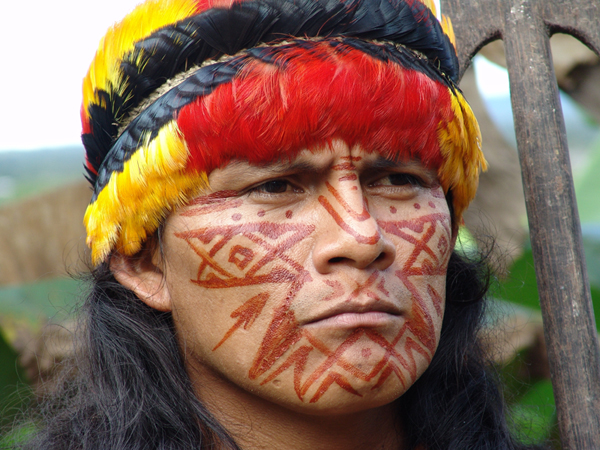The body of José Isidro Tendetza Antún, the leader of the Shuar people who had not been seen since 28 November, was found on 2 December floating in the Zamora River in south-eastern Ecuador. José Tendetza was initially buried without having been identified and without his family being notified. After complaints by his family and other members of the Yanua kim community, his body was exhumed and a second autopsy conducted. Although the official results of the autopsy are still pending, it appears he was asphyxiated. An investigation into his death is being carried out by a local prosecutor and by a commission created by the Ministry of the Interior.
The Indigenous leader, who was well-known for his activism against mining projects in the area, had been on his way to the UN Climate Change Conference in the Peruvian capital, Lima, to present his concerns about the construction of the Mirador mining project in his community. According to the Ecuadorian human rights organization INREDH, José Tendetza had been constantly targeted and harassed since 2009 due to his campaign. In 2012 his house and crops were also reportedly burned and destroyed. All this was reported to the local police station in Pangui, Zamora province, but no one was ever brought to justice.
Police raided José Tendetza’s home, in the Yanua kim community, Zamora Chinchipe province, on 10 December as part of the investigation into his murder. The Yanua kim community claim they felt threatened by the attitude of the police forces, and they and other Indigenous leaders who have spoken out against extractive projects on their lands, fear they are in danger.
